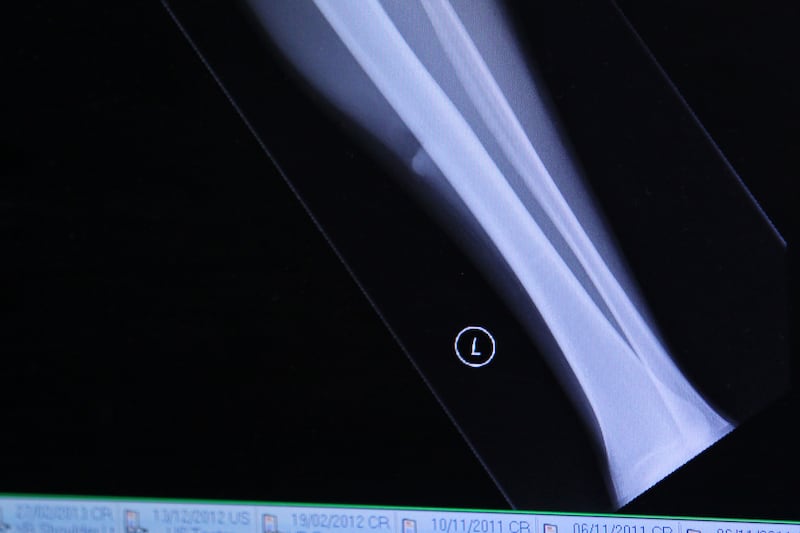Consuming “ultra-processed” foods could increase the risk of cardiovascular disease and death, new research suggests.
Two separate studies, published in journal The BMJ, highlight the potential link between a high intake of packaged snacks and ready meals, and harm to health.
The public should be encouraged to eat fresh where possible, the researchers said, though more evidence is needed to understand the effect of highly-processed foods.
“Ultra-processed” foods are manufactured through multiple industrial processes and are often ready-to-eat or heat, and higher in fat, added sugar and salt.
Sweet and savoury packaged snacks, ready meals and instant noodles are among the examples of the food group given by researchers.
- Sweet or savoury packaged snacks
- Instant noodles and soups
- Frozen ready meals
The first study, carried out by scientists from France and Brazil, included more than 105,000 French adults.
A 10% increase in the proportion of “ultra-processed” food in the diet was linked with a 12% increased risk of cardiovascular disease, 13% increase for coronary heart disease and 11% for cerebrovascular diseases, affecting the blood supply to the heart and brain, the study found.
An association was also seen between intake of unprocessed or minimally-processed foods and lower risk of reported diseases.
In a separate study, researchers from the University of Navarra in Spain analysed data from around 20,000 adults over 10 years.
They found that eating more than four servings of “ultra-processed” food per day was linked with a 62% increased risk of death from any cause, compared with those who ate less than two servings.
Each additional serving increased mortality risk by 18%.
“Improving diet based on adherence to minimally processed food – a key aspect of the Mediterranean diet – has been shown to protect against chronic disease and all cause mortality,” the University of Navarra researchers said.
“Discouraging the consumption of ultra-processed foods; targeting products, taxation, and marketing restrictions on ultra-processed products; and promotion of fresh or minimally processed foods should be considered part of important health policy to improve global public health.”
Victoria Taylor, senior dietitian at the British Heart Foundation, said: “The classification of ultra-processed foods used by the researchers is very broad and so there could be a number of reasons why these foods are being linked to increased risk to our health; for example, nutritional content, additives in food or other factors in a person’s life.
“Before we consider making any changes to advice or policy it is important to understand this thoroughly.
“We already recommend people adopt a Mediterranean-style diet which also happens to include plenty of minimally or unprocessed foods such as fruit, vegetables, fish, nuts and seeds, beans, lentils and wholegrains.
“This, along with exercising regularly and not smoking, has been shown to be beneficial for lowering risk of heart and circulatory disease.”








